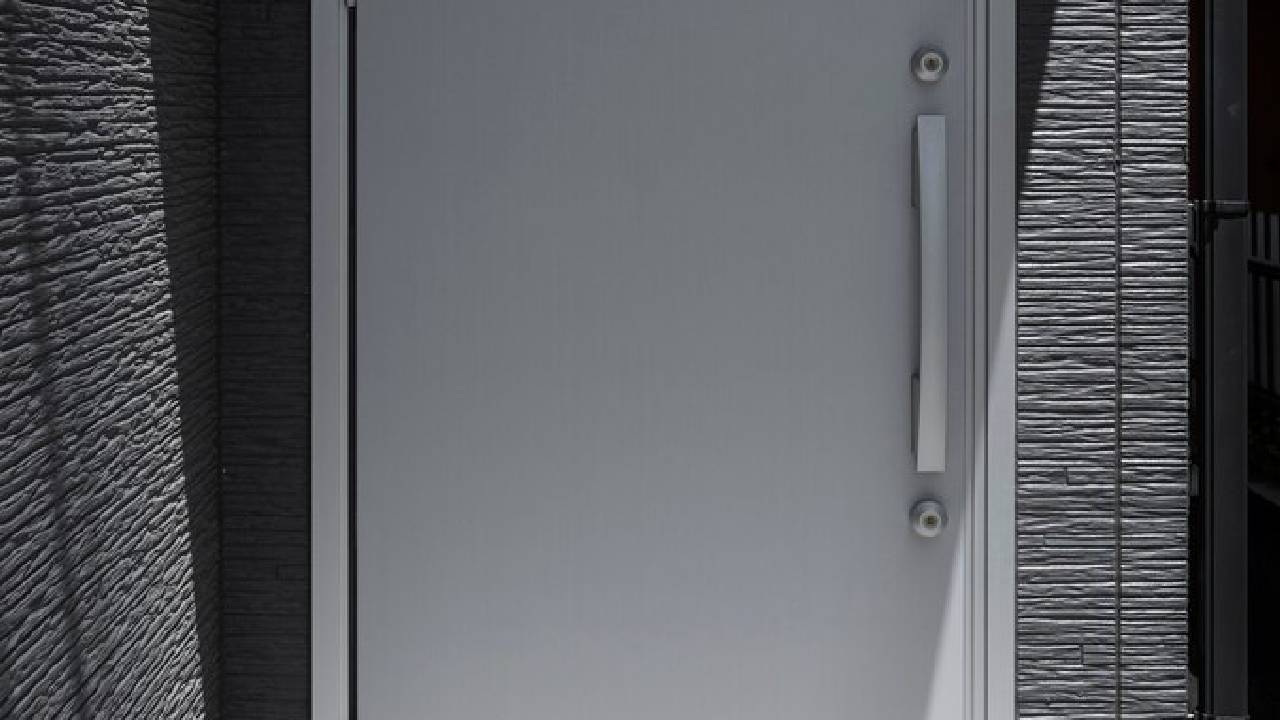Safety is a top priority in the construction industry, especially in a rapidly growing city like Abu Dhabi. With its towering skyscrapers, expansive residential developments, and commercial hubs, ensuring the safety of occupants is important. Among the essential safety measures, fire-proof doors stand out as a vital component in fire prevention and containment. But why do building regulations in Abu Dhabi insist on fire-proof doors? The answer lies in stringent safety codes, risk mitigation, and the overarching goal of protecting lives and property.
Abu Dhabi has adopted international fire safety standards and integrated them into local building regulations to reduce the risks associated with fire outbreaks. Fire-proof doors serve as a fundamental element of these regulations, preventing the spread of fire, reducing smoke inhalation risks, and offering a crucial escape route for occupants. Let's explore in detail why these doors are mandated and their significance in ensuring building safety in Abu Dhabi.
Understanding Fire Safety Regulations in Abu Dhabi
The UAE's Fire and Life Safety Code of Practice outlines the fire safety requirements for buildings across the country. Abu Dhabi, as part of the UAE, stringently enforces these regulations to ensure high safety standards in residential, commercial, and industrial structures. These regulations are designed to safeguard human life, minimize property damage, and enhance emergency response effectiveness.
One of the key mandates in the fire safety code is the installation of fire-rated doors in specific locations within a building. These doors must comply with global standards, ensuring they can withstand high temperatures and prevent fire and smoke from spreading for a defined period. Compliance with these regulations is not just a recommendation—it is a legal necessity, with strict penalties for non-adherence.
The Functionality of Fire Proof Doors
Fire-proof doors are engineered to resist fire and smoke for a specified duration, normally ranging from 30 minutes to 120 minutes. Their core purpose is to compartmentalize a building, slowing down the spread of fire and giving occupants adequate time to evacuate safely. These doors are usually made from materials such as steel, gypsum, timber, or vermiculite boards, and they often feature fire-resistant glass panels to offer visibility and enhance safety.
Main features of fire-proof doors include:
Intumescent Seals: These expand in high temperatures, sealing gaps and preventing smoke and flames from passing through.
Heavy-Duty Hinges & Closers: Ensure the door remains shut in case of fire.
Fire-Rated Glass Panels: Created to withstand heat while allowing visibility for safer evacuation.
Self-Closing Mechanisms: Prevent doors from being left open, which could compromise fire safety.
Where Are Fire Proof Doors Needed?
Building regulations in Abu Dhabi specify that fire-proof doors must be installed in key areas to maximize safety. These areas include:
Emergency Exits & Stairwells: Fire-proof doors in these locations ensure safe passage for occupants.
Elevator Lobbies & Shafts: Prevent smoke and fire from spreading between floors.
Industrial & Commercial Kitchens: Necessary to contain potential kitchen fires.
Basements & Parking Areas: Help prevent fire from spreading to higher floors.
Hospital & Healthcare Facilities: Protect vulnerable patients and medical equipment.
By strategically placing fire-proof doors, buildings can effectively control fire hazards and make a safer environment for residents and workers.
The Role of Fire Proof Doors in Reducing Risks
Fire incidents can lead to devastating consequences, including loss of life, severe injuries, and extensive property damage. Fire-proof doors significantly minimize these risks by:
Delaying Fire Spread: Giving occupants vital time to evacuate.
Reducing Smoke Inhalation: Controlling smoke movement within a building.
Improving Structural Integrity: Preventing fire from weakening load-bearing structures.
Aiding Firefighting Efforts: Allowing firefighters to control fire more effectively by containing it to specific areas.
Compliance & Certification in Abu Dhabi
To ensure fire-proof doors meet regulatory standards, they must undergo stringent testing and certification. In Abu Dhabi, fire-proof doors must be certified by the Civil Defense Authority and comply with UAE Fire and Life Safety Code needs. Before installation, architects and builders must verify that the doors meet international fire-rating standards and are installed correctly by certified professionals.
Routine maintenance and inspections are also mandatory to ensure fire doors remain functional. Factors like damaged seals, improper closures, or unauthorized modifications can compromise the effectiveness of a fire-proof door, making regular checks necessary.
ConclusionFire-proof doors are not just an added precaution; they are a fundamental requirement in Abu Dhabi’s stringent building regulations. These doors play an important role in protecting lives, reducing property damage, and enhancing the overall fire safety of buildings. By adhering to regulatory mandates and installing premium-quality fire-proof doors, businesses, property owners, and developers contribute to a safer and more resilient city.
As Abu Dhabi continues to grow, prioritizing fire safety measures like fire-proof doors will remain crucial. The city’s commitment to upholding high safety standards ensures that residents and workers can live and operate in a secure environment, free from any fire hazards.
If you are planning a construction or renovation project in Abu Dhabi, ensuring compliance with fire safety regulations is essential. Door & Frame Carpentry in Abu Dhabi specializes in designing, supplying, and installing certified fire-proof doors that meet the highest safety standards. Contact us today for expert guidance and customized fire safety solutions tailored to your building’s needs.


Leave a Reply